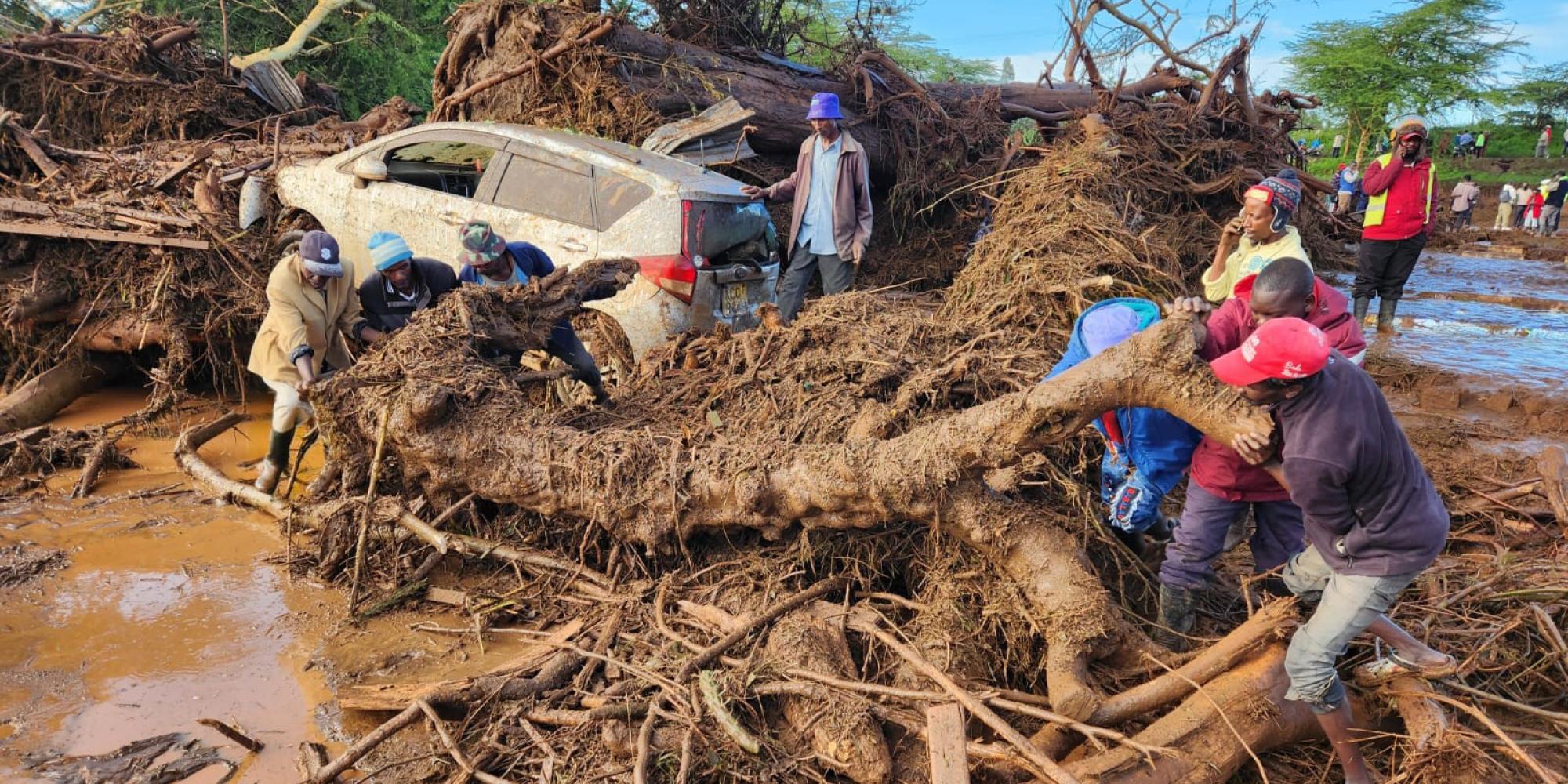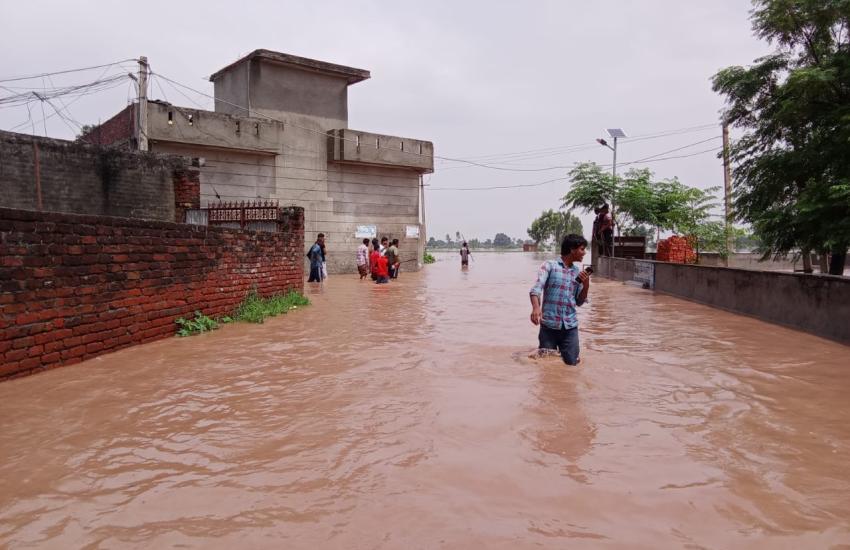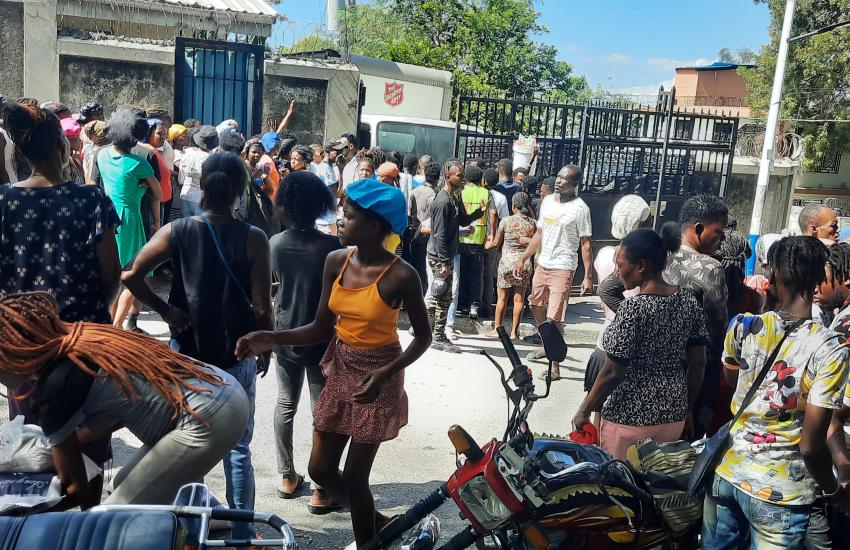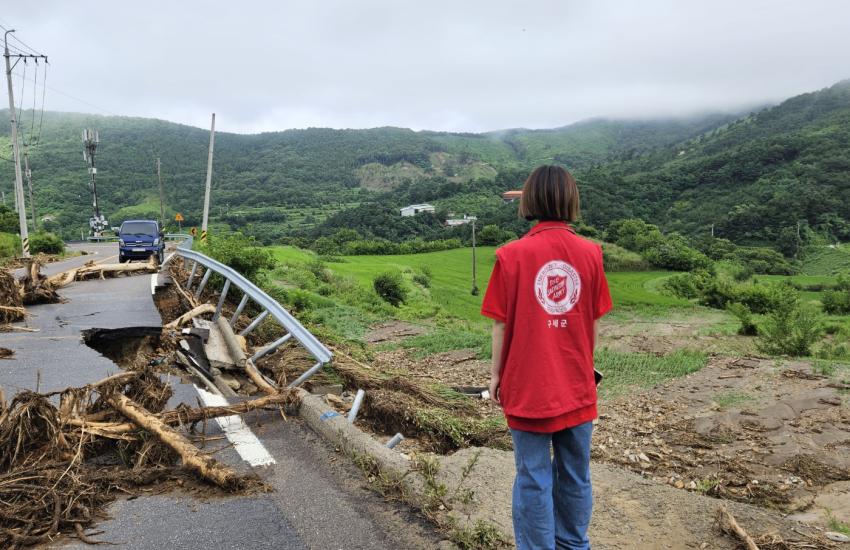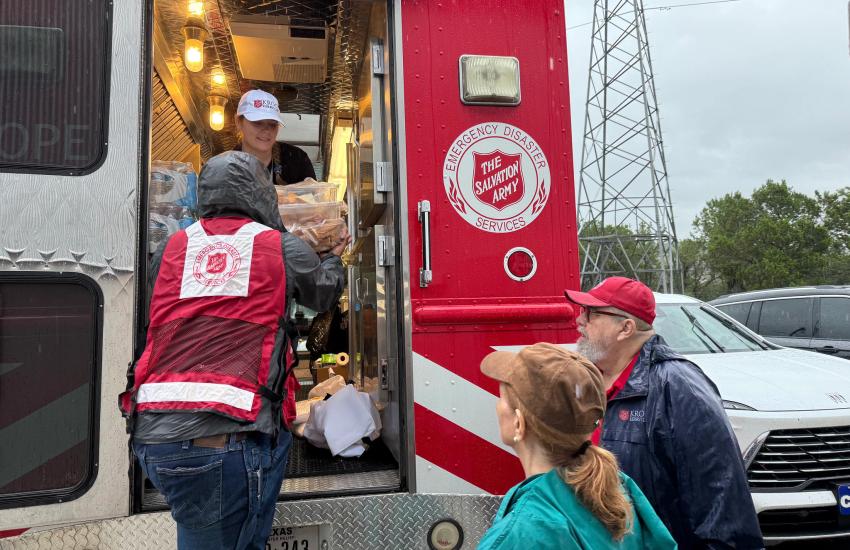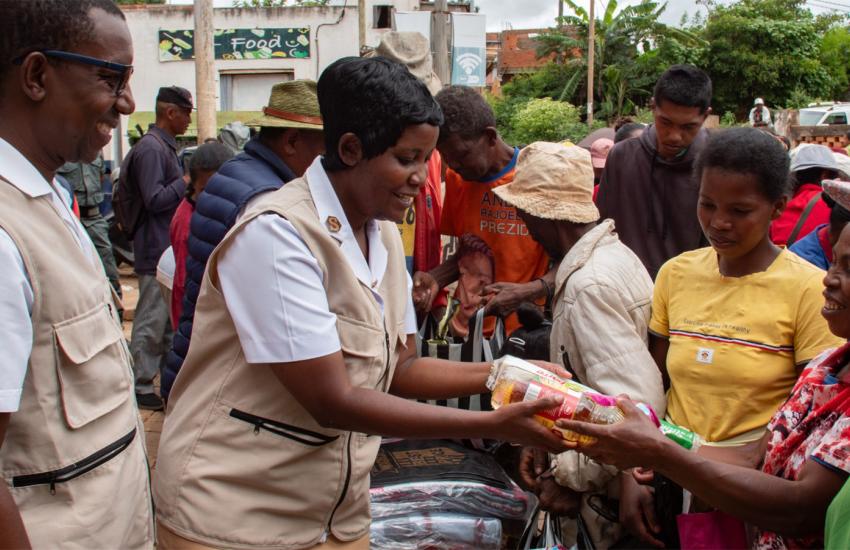Heavy rains over several weeks have caused severe flooding and landslides across Kenya, killing at least 188 people with others still missing.
Around 200,000 people have been displaced, with some of them evacuated due to the risk of dams spilling. Many people have lost their homes, livelihoods and livestock.
Strength from unity
The Salvation Army in both Kenya East and Kenya West is on the ground in many of the affected areas and is currently preparing for the provision of food, blankets and hygiene kits. Captain Benjamin Omugah, Emergency Officer in Kenya West, reaffirmed The Salvation Army’s enduring commitment to serving humanity with compassion and integrity, saying, ‘By prioritising the provision of relief items, The Salvation Army aims to enhance the resilience and dignity of the affected families. Through these efforts, we are not only meeting immediate needs but are also laying the foundations for long-term recovery and community empowerment.’
Emergency and development colleagues in Kenya are putting the emphasis on our shared global humanity. Captain Isaac Kyale, Emergency Officer in Kenya West, said, ‘As human beings, each of us has a responsibility to reach out to help our brothers and sisters affected by disasters. Strength does not come from physical capacity; strength comes from unity.’
A coordinated response
The Salvation Army in Kenya has an excellent track record of collaborating with various stakeholders – including the government, community-based organisations, international NGOs, the Kenyan Red Cross and other churches – in responding to emergencies. The Salvation Army’s extensive experience in taking action over natural and human-made hazards works seamlessly with local and state authorities to achieve the common goal of supporting communities in times of need. Major Hudson Mouhaliar, Development Officer in Kenya West, affirmed: ‘By joining forces as one team, we maximise our impact, and ensure a coordinated and effective response to disasters like the current flooding situation.’
The need is significant, and coordination with other responding agencies is essential to make sure that the support reaches all affected communities. In this immediate relief phase, The Salvation Army plans to support some 3,500 families with immediate relief items. Major Moses Njagi, Development Officer in Kenya East, stated: ‘The Emergency and Development teams, as well as other officers, staff and volunteers in both Kenyan territories, are working very hard to ensure that people affected by this tragic situation receive the support they need. We are grateful for the interest and support from around the world.’
